Accessibility at Kent
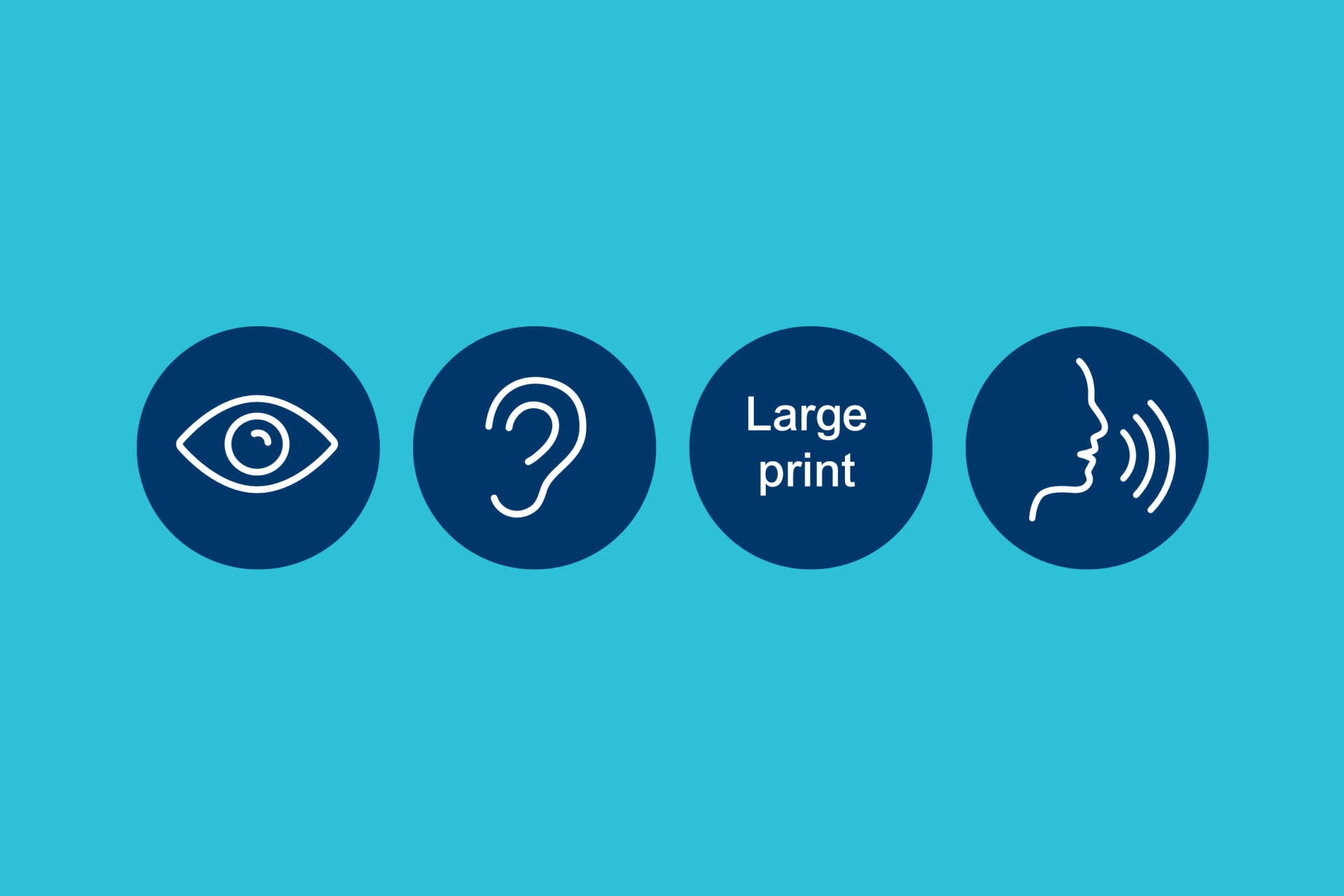
University of Kent.
Accessibility at Kent
Accessible Information Team
Supporting Kent students
The Accessible Information team are part of Student Support and Wellbeing. We are here to assist students with disabilities, neurodivergence or Specific Learning Differences (SpLDs) to access learning in ways that work for them through assistive technology and by providing alternative formats of teaching materials.
We also provide guidance and resources for staff and students creating accessible content and can support departments to ensure they are compliant with accessibility regulations and sector best practice.
Want to discuss your assistive technology or alternative format needs? Book a one-to-one with our team!
Accessibility resources and information
-
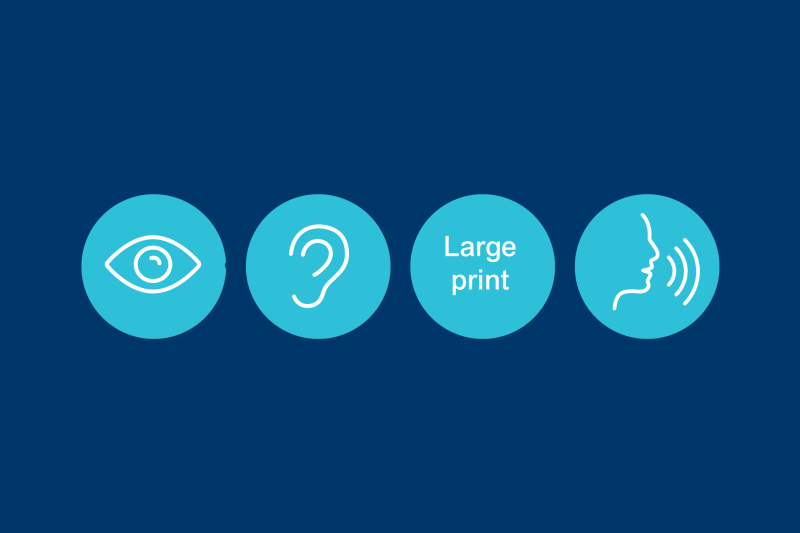
Your learning your way
Find out more about using alternative formats and assistive technology to enhance your learning
-

Software finder
Free software and tools you can use to improve your digital learning experience and accessibility
-

Make your content accessible
Creating and checking accessible materials and digital content for staff or students
-
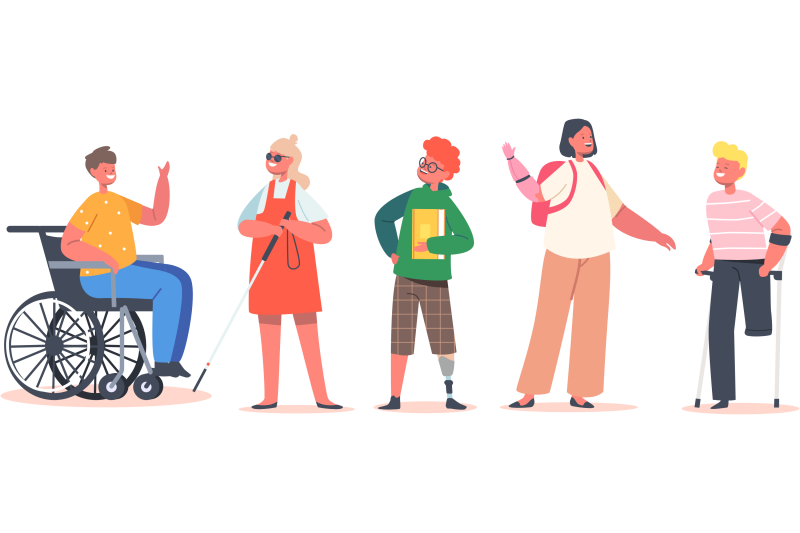
Why accessibility matters
The social model of disability and relevant legal requirements
Accessibility guides and resources
Please contact us if you need any of these resources in an alternative format.
Microsoft Teams: Accessibility features
Set up and use accessible meeting options including Sign Language Interpreter mode, customised live captions, and screen reader and voice commands
Accessible and inclusive content guide (PDF)
Guidance on key things to remember when creating content including social media and marketing, documents and webpages.
Accessible and sustainable events guide (PDF)
General tips on creating and hosting accessible and sustainable events for all staff.
Deaf friendly higher education (PDF)
Guide from National Deaf Children's Society.
Teaching a British Sign Language (BSL) user
Tips on teaching BSL users.
Working with BSL interpreters (PDF)
This external guide gives tips on working with BSL interpreters effectively.
Guidance for Kent staff
The Accessibility Champions Network is comprised of staff from across the University, regardless of function, department or campus. It is like-minded people coming together to share best practice, hear about related news and events, and get advice and tips for embedding accessible principles in your area of work. You can get as involved as you like; come along to every event, dip in when it’s something you fancy, or keep an eye on what we’re up to at a distance – it’s up to you!
We meet on Teams once a term and there’s no set agenda – just updates, sharing ideas and showcasing accessible practices you can use in your work. All are welcome and you don’t need to stay for the whole thing if you don’t want to.
There’s also a mailing list and a Teams team so that staff can all share guidance, post questions and generally chat about all things accessibility! Contact us to get access to these.
Please do share this information with friends and colleagues that may be interested.
If you are the business owner of a digital platform or app used at Kent, you may need an Accessibility Statement, to help users use it in a way that works for them. Sometimes you can use the third party provider's statement, but you will need to write an additional one if you have changed the content or functionality. Accessibility statements need to be refreshed annually, or after any significant updates. See which Accessibility Statements we already hold on our A-Z webpage or get in touch if you think you might need to create/refresh one for your digital service - we can help!
We have a number of resources to help you make your teaching more inclusive and accessible, and we can provide bespoke training or awareness sessions. Get in touch to find out more.
We work closely with a local interpretation agency, Interpreting Matters. If you'd like help or advice about booking a BSL interpreter for your event/activity please contact us.
Want to enhance your team's disability/accessibility awareness? We can arrange bespoke internal or external training and/or consultancy to support your department. Contact us to find out more.
Inclusive design matters!
In the UK, at least 1 in 5 people have a long term illness, impairment or disability
The OPERA project
OPERA was a university-wide project to mainstream solutions for embedding accessibility, originally developed in partnership with the Joint Information Systems Committee (Jisc).
In 2018 OPERA won the Times Higher Education Award four Outstanding Support for Students.
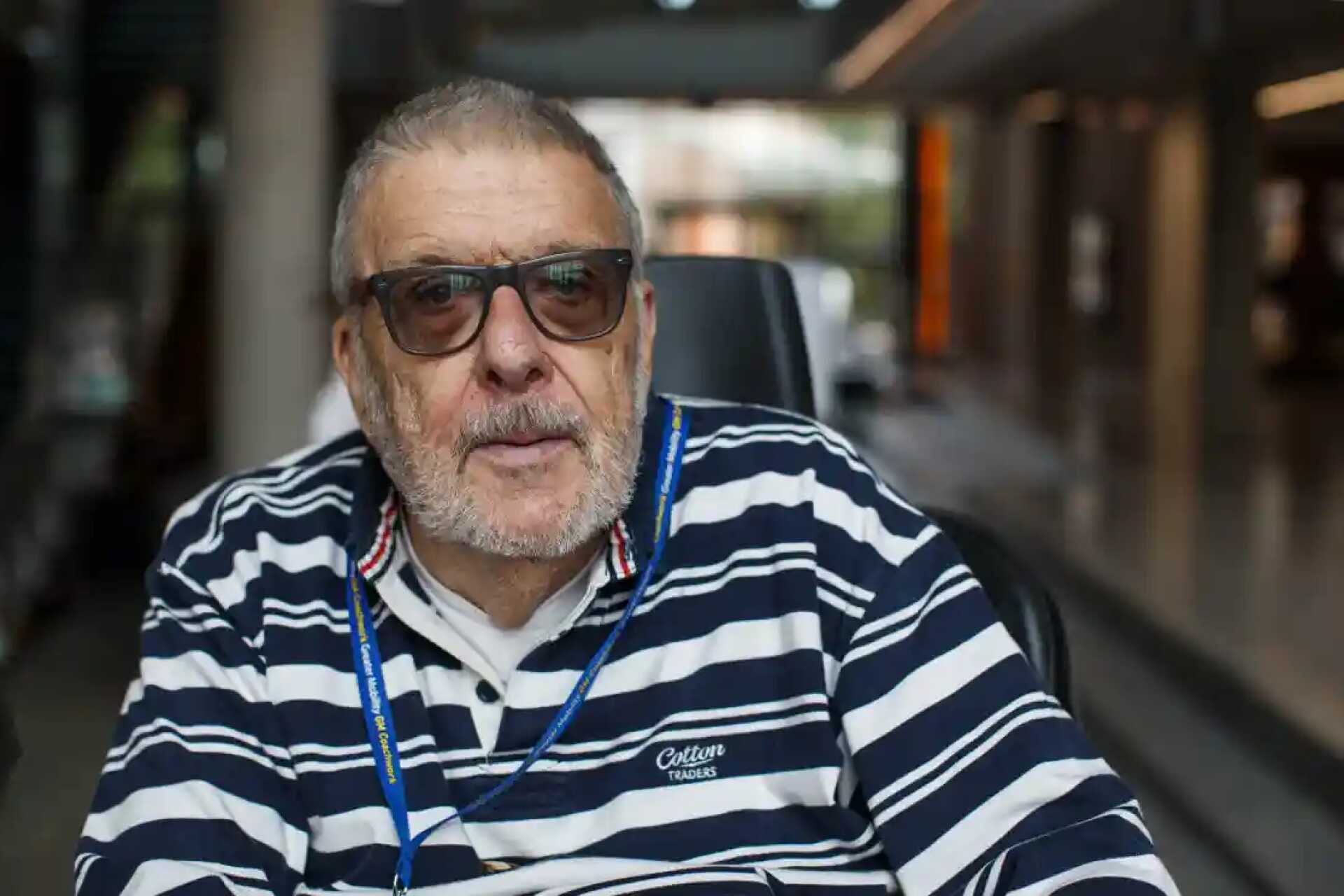
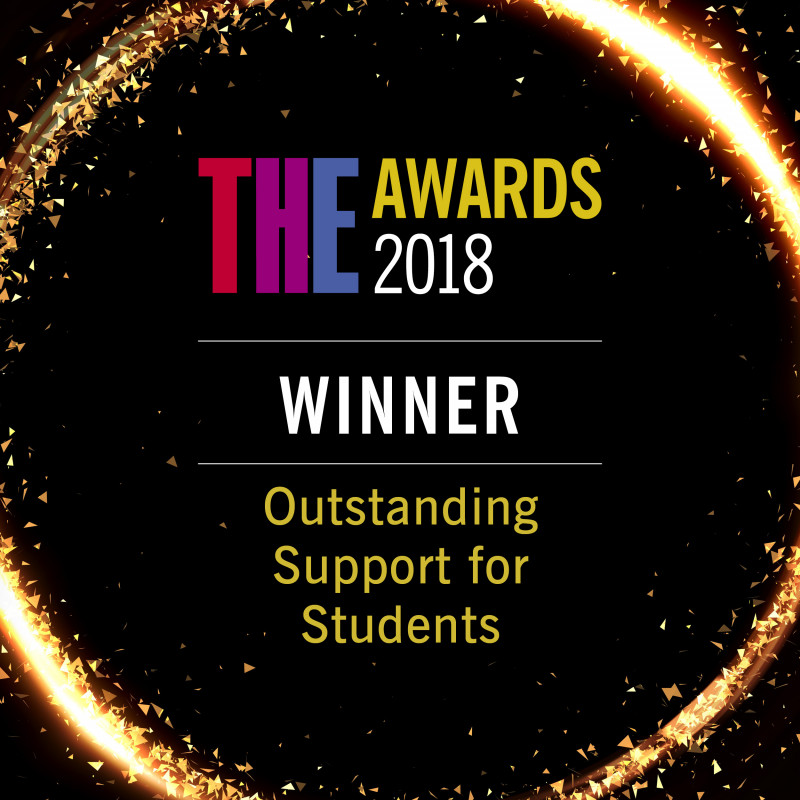
Get connected
Join our virtual community on social media